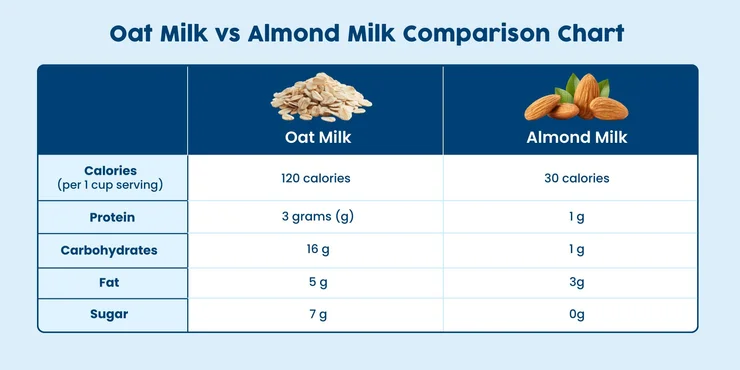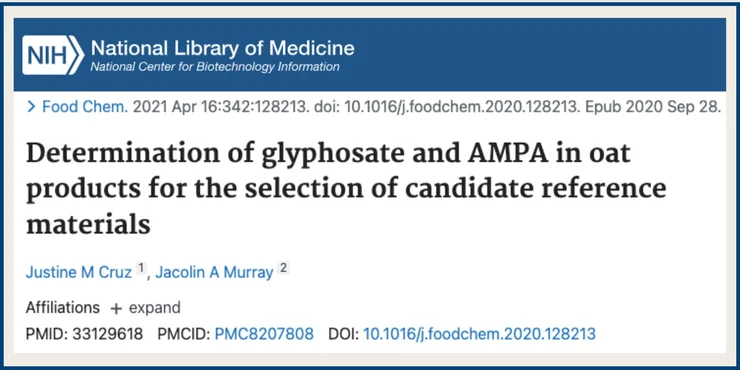It’s tempting to lump all non-dairy milks into one category. I mean…they all kind of look the same, right? The reality is, they do have differences, which we will discuss here.
Whether you’re sipping on rice milk, hemp milk, cashew milk, or even pea milk, each has its own distinct nutritional profile, taste...and potential drawbacks. So how do you choose which non-dairy milk to use in your coffee?
For most people, the choice comes down to almond milk vs. oat milk. And by the end of this article, you'll see which one is the clear winner.







